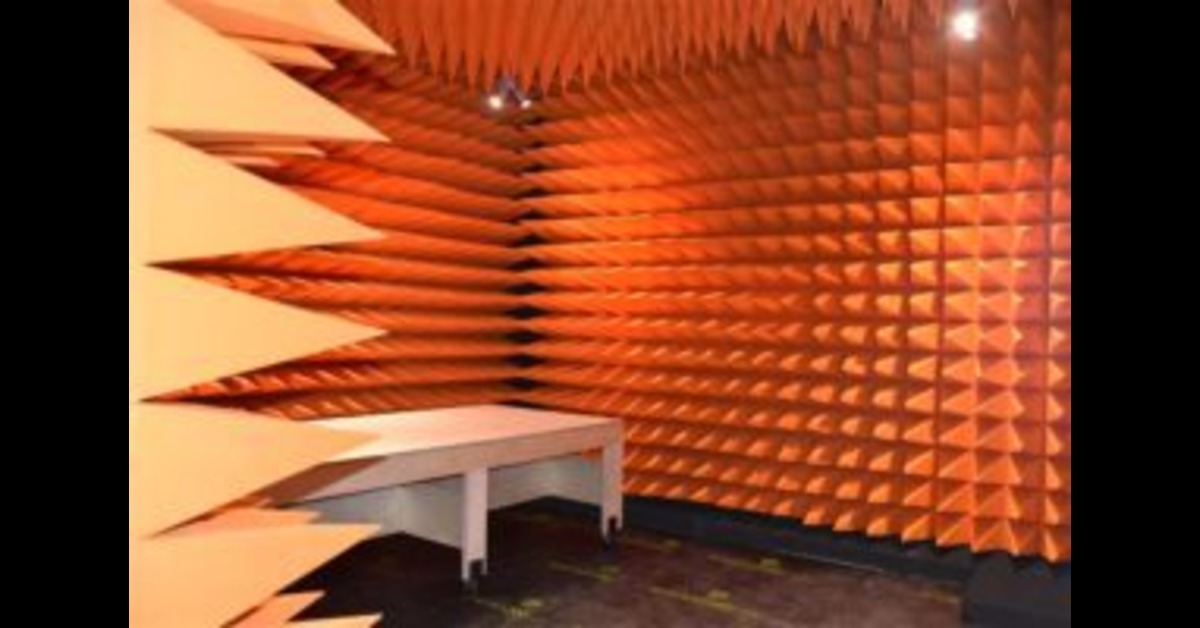What is FCC Certification?
FCC certification is a mandatory approval process that ensures electronic products meet specific guidelines set by the Federal Communications Commission (FCC) before being marketed in the United States. These regulations are aimed at minimizing harmful interference to radio communications.

Importance of FCC Certification
Obtaining FCC certification is crucial for businesses looking to sell electronic devices in the U.S. market. Non-compliance can lead to hefty fines, product recalls, or legal consequences.
Understanding FCC Regulations
Overview of FCC Rules and Regulations
The FCC governs a wide range of devices that emit radio frequency (RF) energy. The key regulations include Part 15 and Part 18 of the FCC rules, which cover most electronic and RF-emitting devices.
Who Needs FCC Certification?
Manufacturers, importers, and distributors of electronic devices must obtain FCC certification before launching their products in the U.S. This applies to products ranging from household electronics to advanced communication systems.
Types of Devices Requiring FCC Certification
Electronic Devices
Consumer electronics like computers, smartphones, and routers fall under FCC regulation.
Communication Equipment
Devices such as radios, two-way communication systems, and broadcasting equipment also need FCC approval.
Wireless Devices
Wi-Fi, Bluetooth, and other wireless technology products require certification to ensure they operate without causing harmful interference.
Key Steps in Obtaining FCC Certification
Pre-Compliance Testing
Before submitting your product for official testing, conducting pre-compliance tests helps identify any issues early in the design process.
Product Testing
Testing is carried out by an FCC-recognized lab to ensure that your device meets all regulatory requirements.
Submission and Approval
After testing, you must submit your documentation and test results to a Telecommunication Certification Body (TCB) for final approval.
The Role of Testing Labs and Certification Bodies
Accredited Labs for FCC Testing
Only FCC-accredited labs are authorized to perform certification testing. Choosing the right lab is crucial for a smooth process.
How Certification Bodies Operate
Telecommunication Certification Bodies (TCBs) review the test results and documentation to issue the FCC certificate.
FCC Certification Process: Detailed Overview
Step-by-Step Process
From initial testing to submitting documentation, the FCC certification process is straightforward but requires attention to detail.
Common Challenges and How to Overcome Them
Issues like failing tests or incomplete documentation can delay certification. Understanding these challenges helps in avoiding them.
Documentation and Technical Requirements
Required Documentation for Certification
You’ll need detailed technical documents, including schematics, test reports, and user manuals.
Technical Standards and Guidelines
The FCC outlines specific guidelines for different device categories, ensuring uniformity and safety across the board.
Costs and Timeframes for FCC Certification
Breakdown of Costs
FCC certification costs vary depending on the device type, complexity, and the lab used. Costs generally range from a few thousand to tens of thousands of dollars.
Typical Timeframes for Certification
The timeline can range from a few weeks to several months, depending on the complexity of the product and any issues that arise during testing.
Labeling and Marketing Compliance
Proper Labeling of FCC Certified Devices
Your device must carry an FCC ID label, clearly visible and compliant with FCC guidelines.
Marketing Claims and Compliance
All marketing materials must accurately represent the product’s FCC compliance without exaggeration.
Expert Insights: Navigating the FCC Certification Process
Tips from Industry Experts
Experts recommend starting the compliance process early and allocating sufficient resources for testing and documentation.
Case Studies of Successful Certifications
Companies like XYZ Corp. streamlined their certification by integrating compliance into their product development cycle from the start.
Common Mistakes to Avoid During FCC Certification
Overlooking Key Regulations
Skipping or misunderstanding key FCC regulations can result in delays or rejection.
Inadequate Pre-Compliance Testing
Failing to conduct thorough pre-compliance testing is a common mistake that leads to costly rework.
Ensuring Ongoing Compliance After Certification
Post-Certification Monitoring
Ongoing testing and monitoring ensure that your product continues to meet FCC standards after initial certification.
Recertification Requirements
If you modify your product, it may require recertification to ensure continued compliance.
FCC Enforcement and Penalties
Understanding FCC Fines and Penalties
Non-compliance can lead to fines ranging from thousands to millions of dollars, depending on the severity and scale of the violation.
Examples of Enforcement Actions
Notable cases include large corporations facing fines for marketing non-compliant devices, serving as a reminder of the importance of proper certification.
Emerging Trends in FCC Regulations
Impact of New Technologies
The rise of IoT, 5G, and AI devices is leading to updates in FCC regulations to cover new use cases and mitigate potential risks.
Future Changes in Compliance Requirements
Emerging trends suggest a shift towards more stringent RF emission standards as technology evolves.
Practical Applications: How to Streamline FCC Certification
Using Compliance Software
Compliance software can help automate parts of the testing and documentation process, saving time and reducing errors.
Leveraging Expert Consultants
Hiring experienced consultants who specialize in FCC certification can be a cost-effective way to navigate the process.
Conclusion and Final Thoughts
Summary of Key Points
FCC certification is essential for any electronic device entering the U.S. market. Following a structured approach ensures compliance while avoiding delays and penalties.
Final Recommendations
Begin the certification process early and consider leveraging experts or specialized tools to ensure a smooth, cost-effective experience.

4 Responses